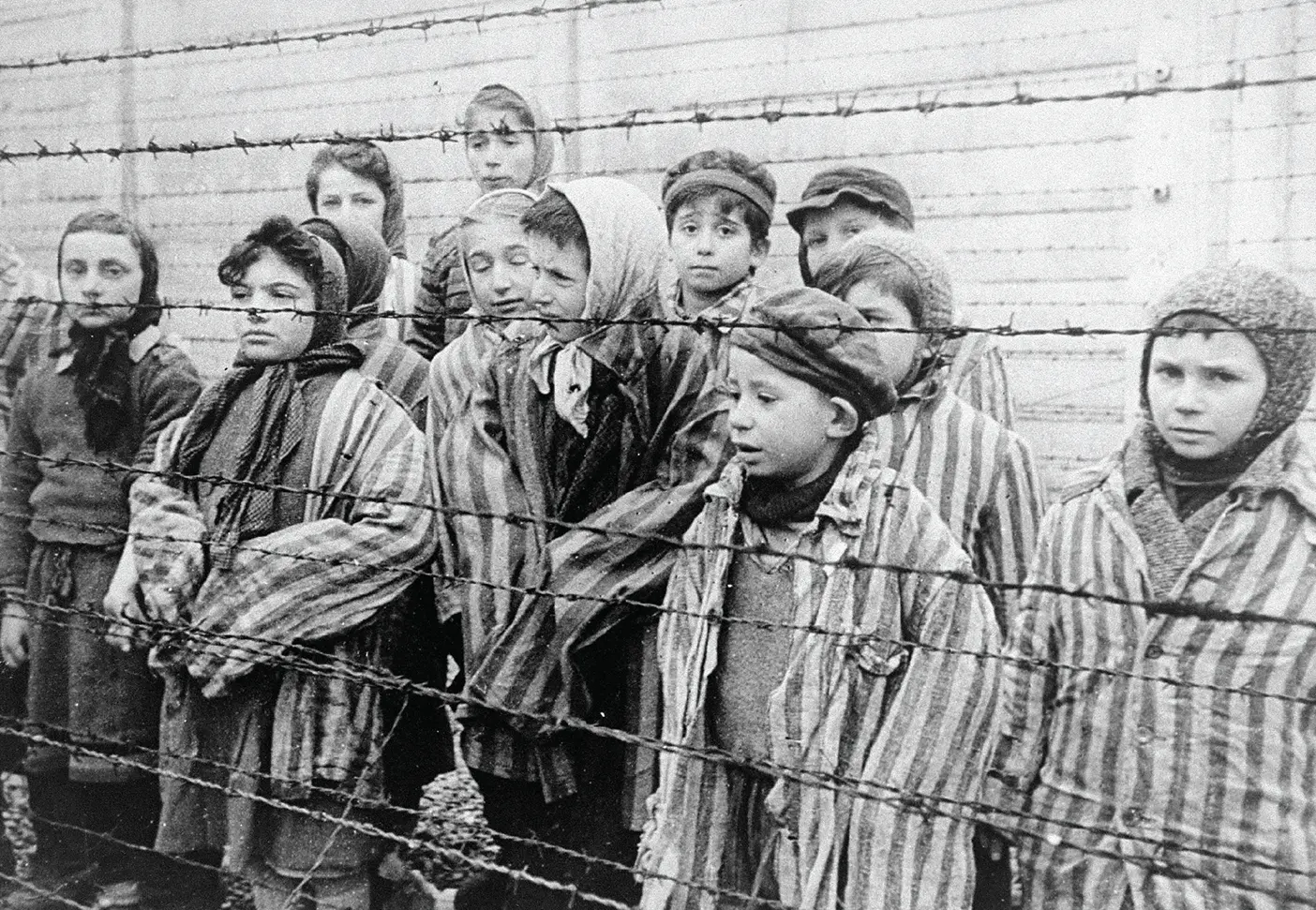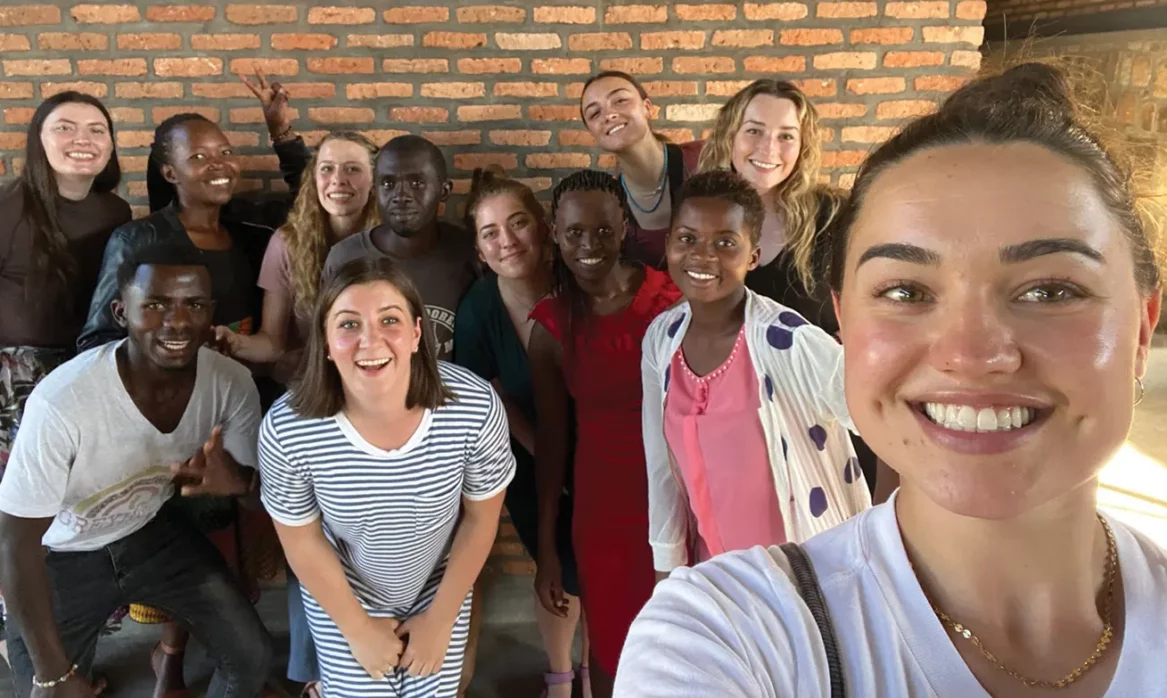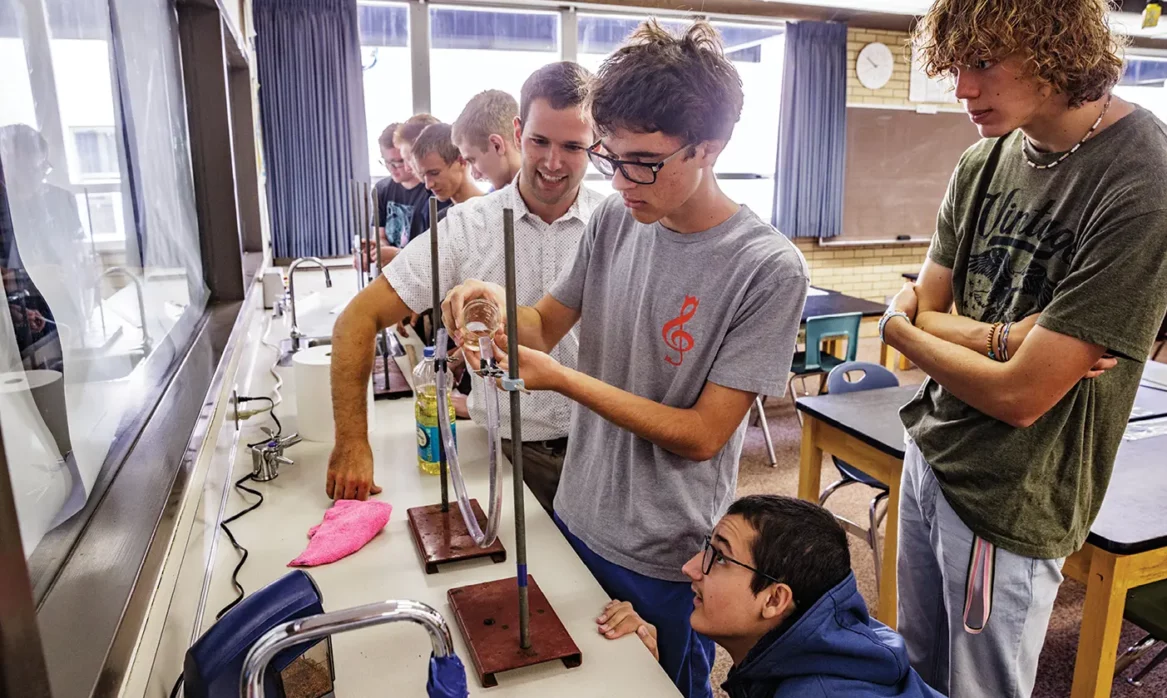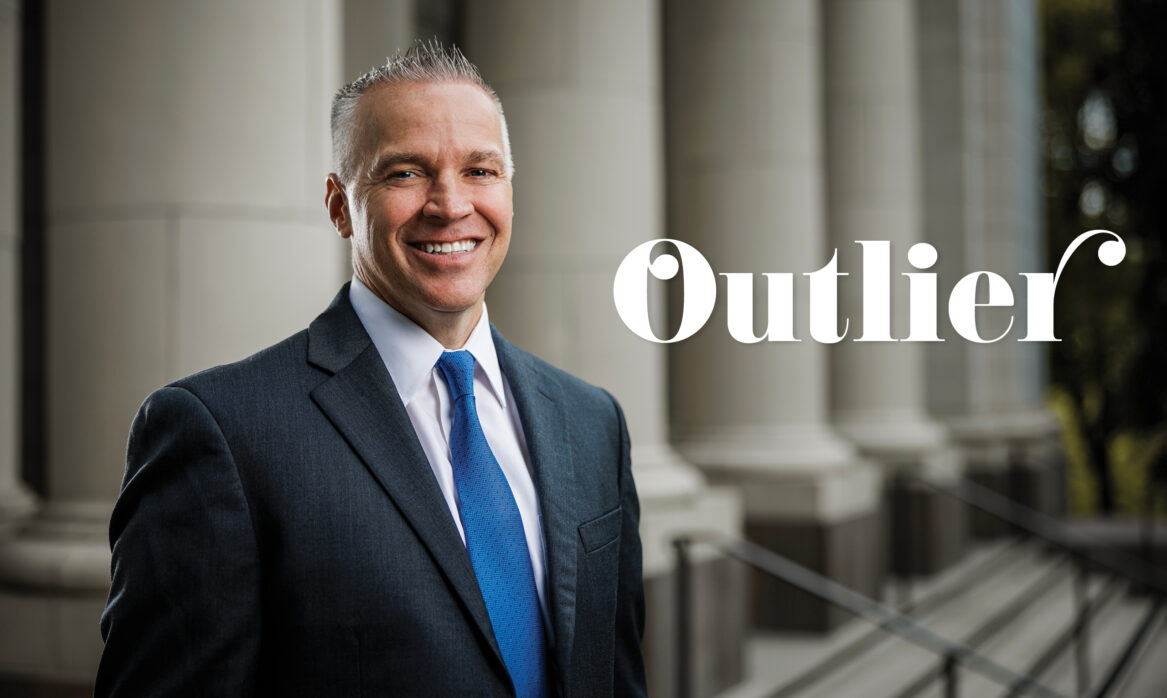
When sociology major Jalyse Ortiz (BS ’23) arrived for her internship at the Auschwitz-Birkenau Museum in Poland, she stepped into one of the most tragic chapters of human history. “I was told by Polish family members that I was going to be miserable and so sad,” Ortiz remembers.
But with the heaviness came “so much peace,” she says. It came in part from her work there—which was, essentially, family history. “I really felt the Savior. I felt really connected to Him while I was there,” Ortiz says.
Each semester BYU interns work in the remodeled barracks at the Auschwitz-Birkenau Memorial and Museum to preserve the stories of the 1.3 million Holocaust victims sent to the concentration camp, “putting a story and a face on the lives of individuals who otherwise would be forgotten,” says Tony Brown, BYU professor of Russian and internship coordinator. “The Auschwitz-Birkenau Museum internship is not for the faint of heart.”
But it was an opportunity that spoke to Ortiz, who has Polish ancestry. She and her fellow interns researched and catalogued available information about the victims into databases that they helped create and maintain, preserving personal histories and linking families together.
“The Nazis recorded simple, vital information like [a victim’s] name, their gender, their height, their physical description, their last place of residence,” says Ortiz.
Family history and the work of archiving stories of the past is important to Ortiz because “we don’t want our ancestors or their memory to be forgotten,” she says. “I believe that each person in your past touched who you are.”
After her internship Ortiz was recognized with the museum’s Memorial Award, presented to volunteers for their work in preserving the memory of those imprisoned and killed.
“She was amazing,” says Anna Jawień, a documentalist at the museum who worked closely with Ortiz and other BYU interns in Poland. “The award is given to the people that went above and beyond; you know, gave something more, and we think they really connected with the cause. They really put a lot of work into it.”
Through the emotionally heavy work, Ortiz felt God’s love. “I know that those individuals received His love while they were there,” says Ortiz. “There’s just so many miraculous stories of survival, and, though looking at Him in those times is really hard, He’s there.”












